Laughlin Pelvic Health
Empowering Strength Through Pelvic Health Physical Therapy in Overland Park
At Laughlin Physical Therapy, we specialize in maintaining and building strength for pregnant and postpartum women. We believe that pregnancy and postpartum are times to embrace your strength, not limit it. Our mission is to keep you active and moving effectively throughout your pregnancy and beyond. We support you every step of the way, overcoming any challenges and creating a personalized plan focused on your goals.

Tanner Hampton PT, DPT, SFMA, Certified Functional Dry Needling L1, TFA (The Female Athlete), GGS Certified Pre- and Postnatal Coach

Alex Warden-Michl, PT, DPT, MSCS, LSVT-BIG
Hello and Welcome!
My name is Tanner Hampton and I have been a part of Laughlin Performance and Physical Therapy for about 5 years now - going from working behind the front desk during PT school to working as a full-time orthopedic therapist here for the last 2 years!
What made me want to get into therapy focused on pelvic health?
My initial interest started from needing something to change within my own body.
By age 24, I had already had hip surgery and a herniated disc on the same side as surgery. I'd also had absolutely terrible cramps and chronic pelvic pain for as long as I can remember. I am also someone who would fall into the category of having an upregulated nervous system - basically a perfect example of someone needing to address the pelvic health more specifically.
I saw two different pelvic PT providers in the area that have been instrumental in furthering my passion to help other women by creating a safe and trauma-informed space to learn more about my own body - something I feel is non-negotiable in providing good pelvic health care.
The other biggest thing I wanted to bring to the pelvic health world is the integration of pelvic health into functional movements!! If your symptoms happen when you're running/jumping/lifting, exercises on a table alone will not get you where you want to be. Through intensive training with a fantastic pelvic health PT group out of Dallas, I learned SO MUCH about how to incorporate the pelvic health into higher-level movements - exactly what is needed for our patients wanting to get back to higher-level exercise!!
My name is Alex Warden-Michl and I recently joined the Laughlin PPT team after moving back to the Midwest from the East Coast! Before becoming a pelvic health specialist, I spent the first 5 years of practice specializing in neurological rehabilitation with a focus on treating those with Multiple Sclerosis and Parkinson’s Disease
What made me want to get into therapy focused on pelvic health?
My desire to pursue pelvic health physical therapy was multi-faceted. After years of treating patients with neurological conditions and underlying pelvic health dysfunction, I realized that good pelvic health was integral to these patients ‘overall health and well-being. Unfortunately, I worked in an underserved community that had minimal access to pelvic rehab. The gap in my pelvic health knowledge limited my ability to take a more holistic and whole-body approach to treating this population.
When transitioning into motherhood, I experienced first-hand the struggles many mothers have in their post-partum recovery. I found the lack of resources and abundance of misinformation online both intimidating and discouraging. After failing to find a therapist who could manage both my pelvic and orthopedic complaints, I decided to fully immerse myself into the pelvic health world in the hope I could find the answers to my own physical struggles.
Since that time, I have taken numerous continuing education courses and gained clinical experience working as a pelvic health therapist at a women’s health clinic. My goal is to bridge the gap between orthopedic and pelvic health and take a holistic approach to treating the intricacies associated with pelvic health. My background in neurological rehab gives me an additional lens to help my clients meet their goals-as the nervous system is heavily involved in treating pain and dysfunction.
Although I enjoy treating people from all walks of life, my special interests include helping new moms navigate the post-partum period along with treating those who suffer from chronic pain and disease. When you work with me, you can feel confident that I will address all factors contributing to your main complaint and treat collaboratively with your health care team to help you meet your goals!
Pelvic Health Care
Pelvic health is a full-body approach to treating pain and dysfunction that is at least partially caused by the muscles inside the pelvis - this can be due to them having too much or not enough tension, difficulty with coordination of pelvic floor and deep core muscles, birthing history, trauma, and/or previous injuries to the lower back/legs/shoulders. It will typically include an internal examination of the 3 layers of pelvic floor musculature as well as a functional assessment of how the other joints of your body are (or aren't) working with your pelvic floor. Just like with any other injury or dysfunction, you will get corrective exercises to help address what is found during the assessment to help get you feeling and moving better!
Signs of pelvic floor dysfunction and commonly treated symptoms
Commonly treated symptoms
-
Pelvic pain
-
Hip/lower back pain
-
Both sided foot pain
-
Pain with sex
-
Urinary frequency (going to the bathroom more than 1x every 2-3 hours)
-
Urinary urgency (have to get to bathroom ASAP when sensation to urinate comes on)
-
Urinary leakage (with coughing/sneezing or with exercise)
-
IBS symptoms
-
Constipation/diarrhea/pain with bowel movements
-
Tailbone pain/pain with sitting
Pregnancy
-
Signs and common symptoms plus....
-
Pelvic floor elongation/relaxation techniques
-
Education on birthing positions and what positions are best for different stages of labor
-
Postural changes in pregnancy
-
Education on proper breathing and pushing techniques during labor
-
Guidance on activity/exercise throughout pregnancy stages
-
Round ligament/pubic bone pain
Postpartum
-
Signs and common symptoms plus....
-
Return to exercise
-
Diastasis recti
-
Scar tissue mobilization (perineal tearing or Cesarean scar)
-
Pain following birth (back/hip pain, neck/shoulder pain
Why do I need Pelvic Floor Services?
Orthopedic Aspects and PT Integration
Pelvic floor dysfunction is rarely isolated to the pelvic floor muscles alone - we believe that looking at how the other parts of the body are or are not working together with the pelvic floor and incorporating functional movement is a vital component of great pelvic health care. Our Doctors of Physical Therapy have an extensive orthopedic background which allows us to strengthen and mobilize the other tissues as needed to more fully address any pelvic floor symptoms that are coming up.
Functional Dry Needling
Functional dry needling of the pelvic floor musculature can be a great addition to the other manual therapy techniques performed in session. A thin monofilament needle is inserted directly into the muscle tissue or scar tissue which creates cellular changes allowing for decreased pain and relaxation of the muscle to increase range of motion. This is always followed up with functional exercise to teach the patient how to control that increased range of motion.
You may need pelvic floor therapy if you are experiencing pain in your lower back or hips (especially if it is not responding to other orthopedic interventions), leaking urine or feces - with athletic activity, coughing/sneezing/laughing, or any other time, if you have given birth (C-section OR vaginal delivery), pain with intimacy, chronic GI issues, needing to go to the bathroom super frequently (more than every 2-3 hours), or pain in your pelvis.You may also benefit from pelvic floor PT if you have had chronic issues in your feet/ankles or shoulders. Our body is so connected and having difficulty with the coordination of your breathing and core system with your pelvic floor can play a role in all sorts of different pain symptoms.
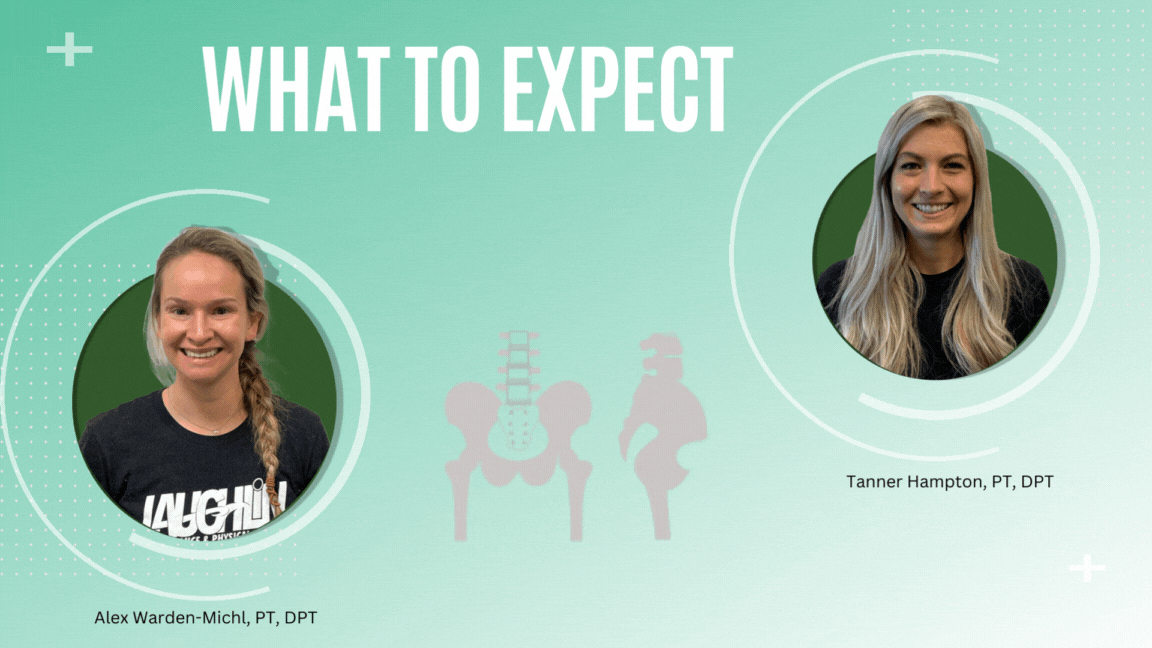 | 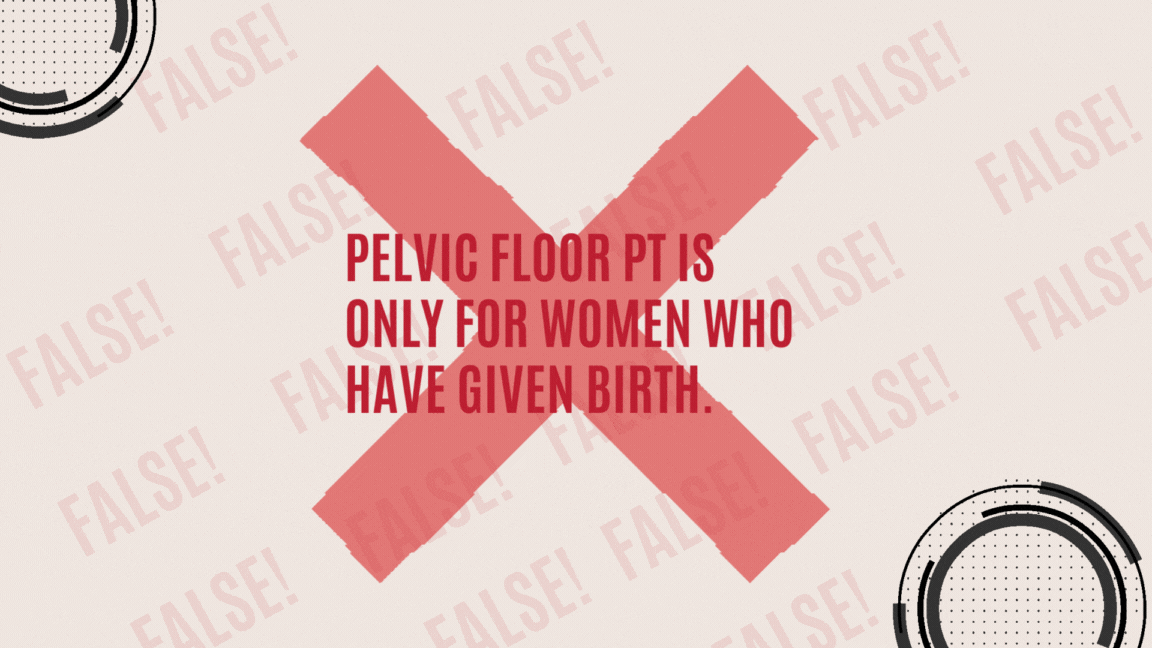 | 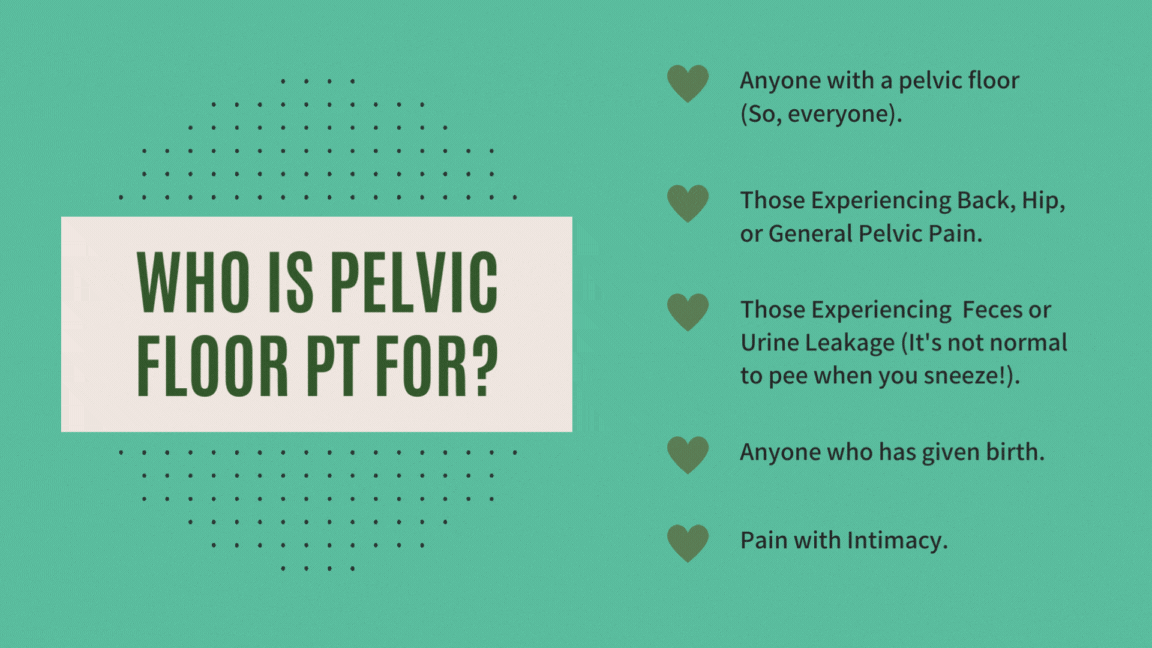 |
|---|---|---|
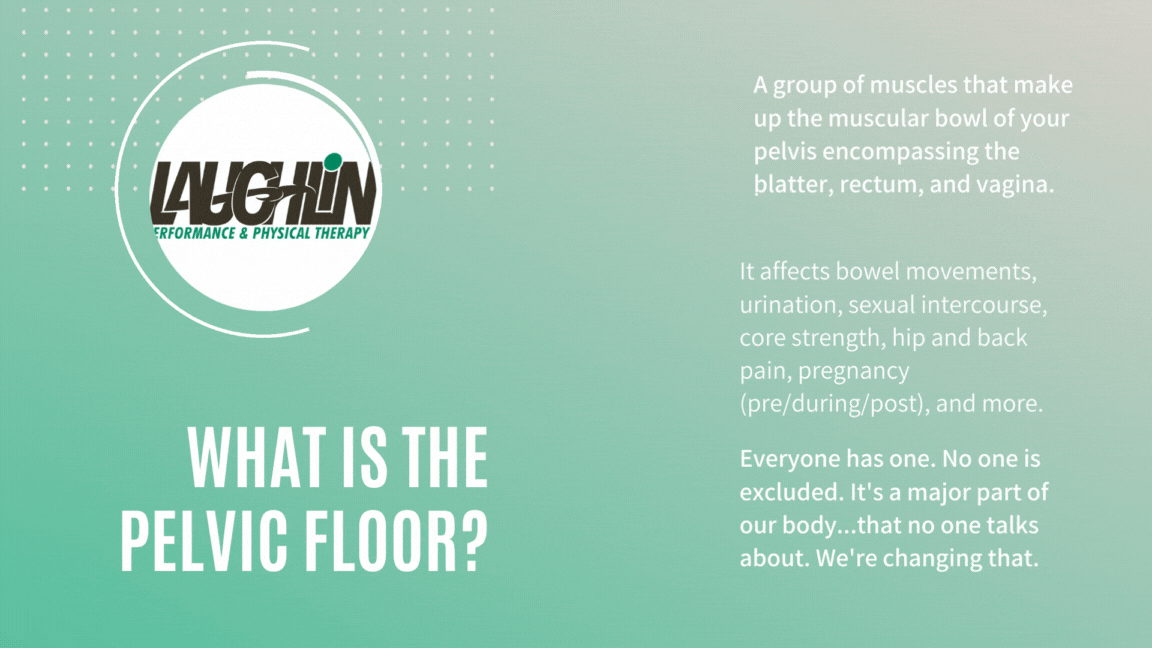 | 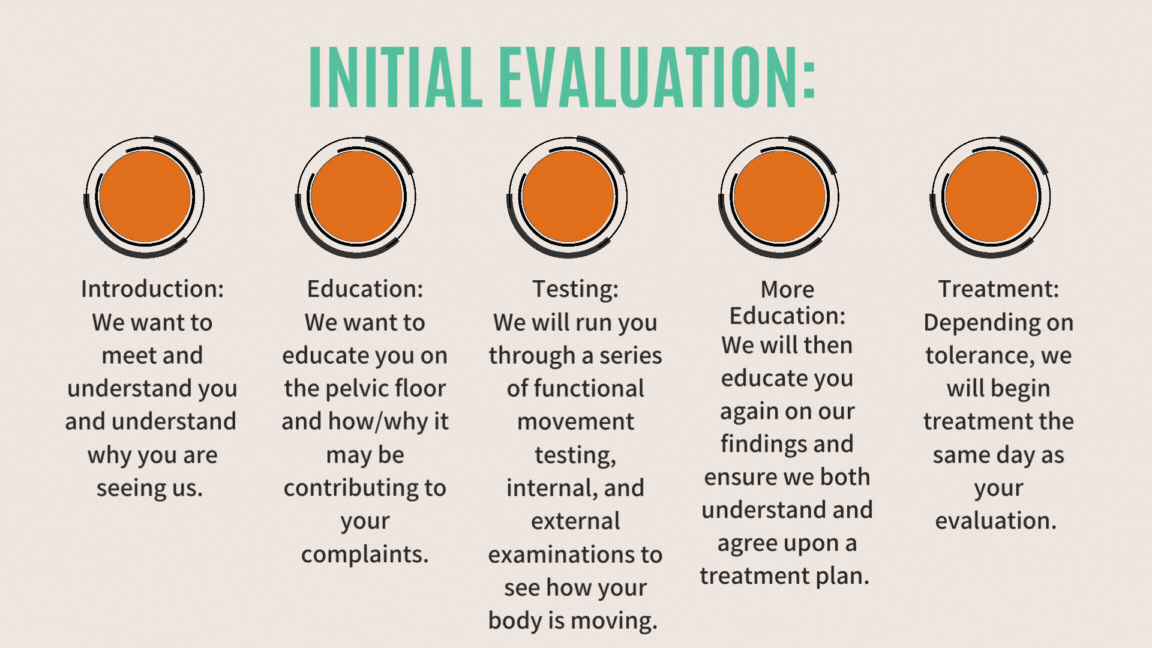 | 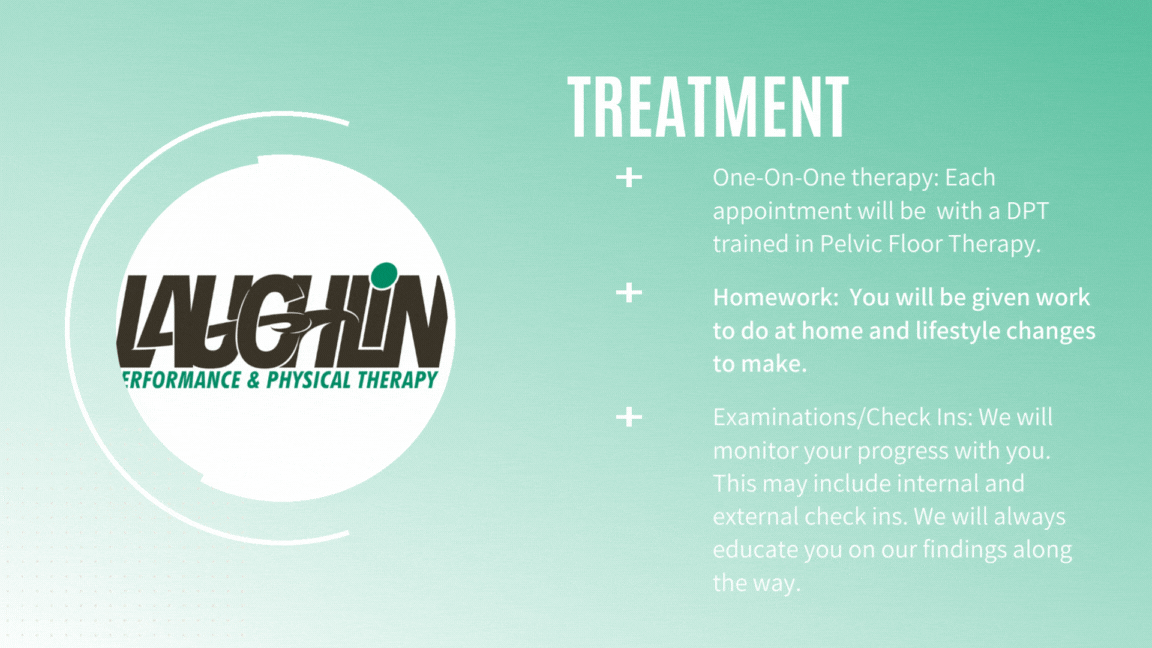 |
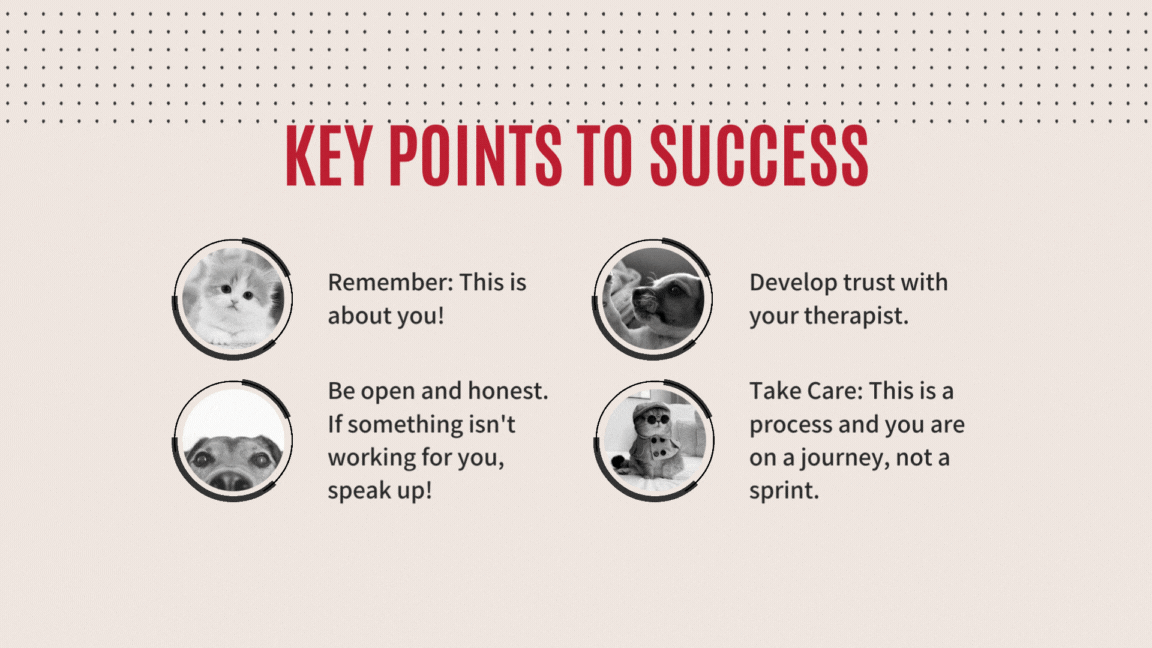 | 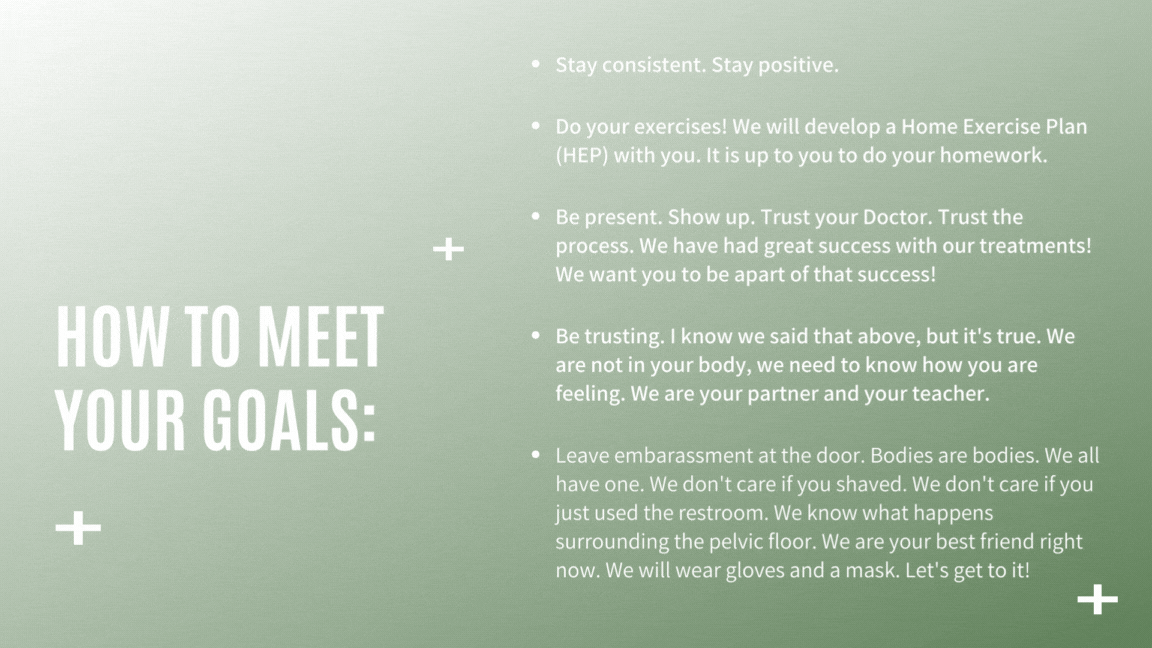 | 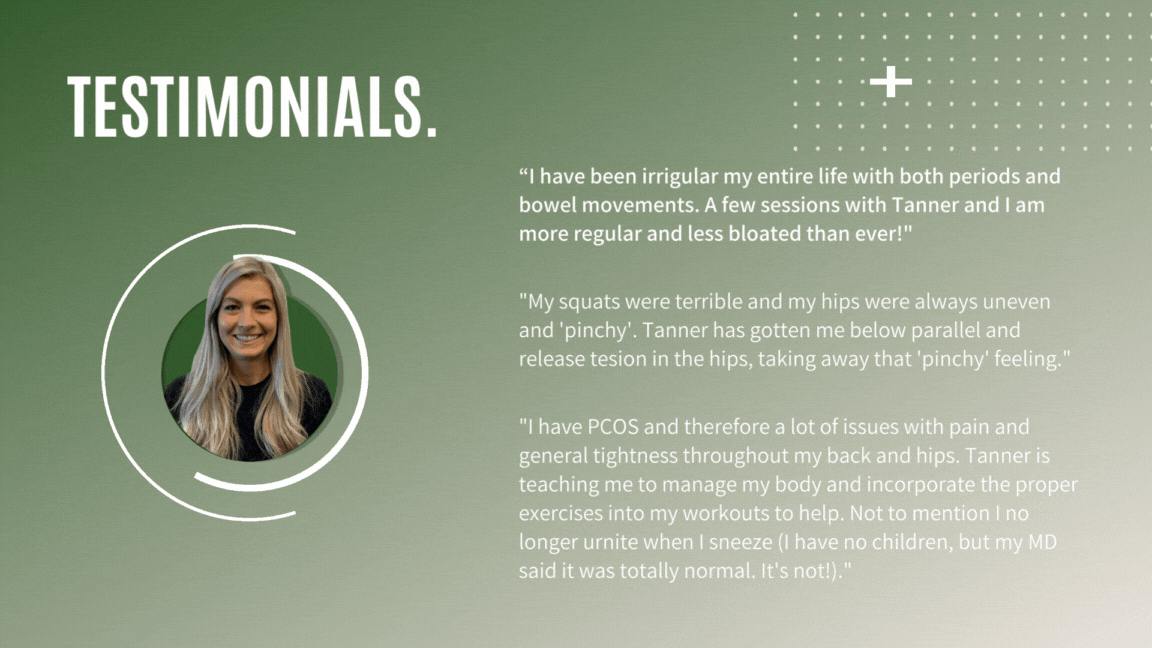 |
 |



